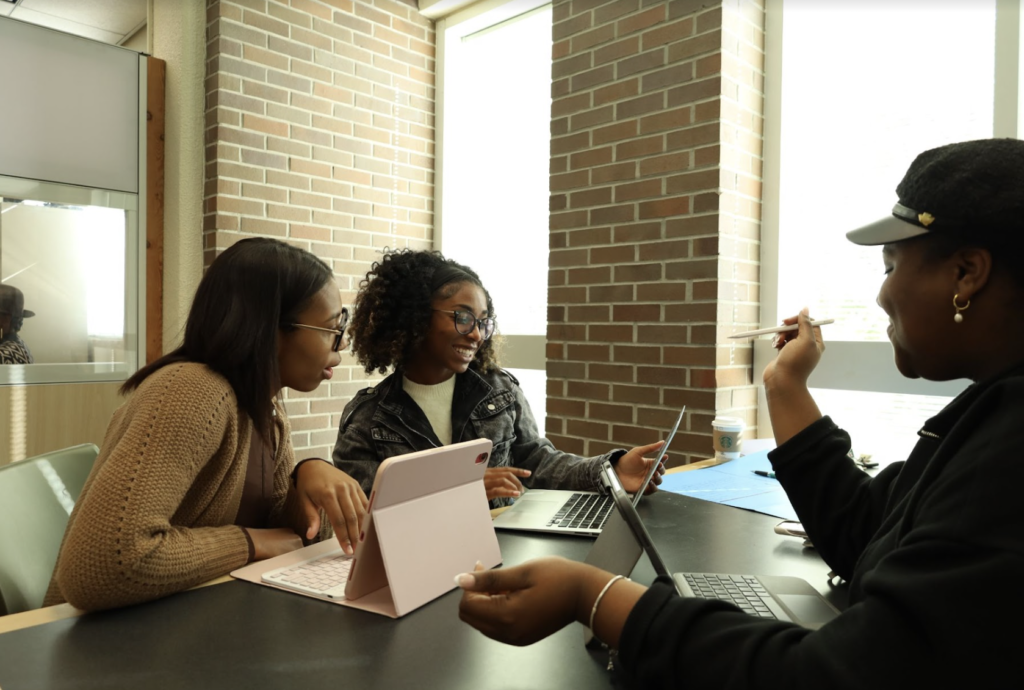
Artificial intelligence has quickly worked its way into our everyday lives. As students learn to navigate the newfound world of tech, privacy concerns arise around AI platforms.
Balancing the educational benefits of AI with privacy protections is crucial, requiring a careful examination of how AI laws address data security in student interactions.
President Joe Biden issued a wide-ranging executive order on artificial intelligence with measures to boost U.S. tech talent and prevent AI from being used to threaten national security. The executive order implements new rules over safety tests that companies use to evaluate conversation bots such as ChatGPT and introduces industry standards like watermarks for identifying AI-fueled products, among other regulations.
ChatGPT is a language model developed by OpenAI, based on the GPT-3.5 architecture. It is designed to understand and generate human-like text in response to prompts, making it versatile for a wide range of natural language processing tasks.
ChatGPT has been trained on diverse internet text and can be used for applications such as conversation, content generation and language understanding.
One high-profile new standard would codify the use of watermarks that alert consumers when they encounter a product enabled by AI, which could limit the threat posed by impostor content such as deep-fakes. These laws may not directly impact students now, but we may see similar restrictions in the near future.
Bronson Jones, a graduating senior and tutor in the Writing Center at FAMU, said that AI is beneficial but should not be used to plagiarize works. Jones highlighted the issues students are having with writing.
“The main issue with writing now is that the students are having trouble outlining so they are free-styling. We don’t use ChatGPT in the writing center. We recommend Grammarly which is a form of AI,” he said.
ChatGPT acts as a text generator providing structure and ideas for essays while Grammarly offers revisions on sentence structure, word choice and general grammatical errors.
In the realm of education, AI laws could shape how students and instructors interact with AI-powered tools. Stricter regulations might prioritize original educational content. Tools such as TurnItIn existed before where instructors were alerted on how much content was plagiarized from an essay. ChatGPT makes this process a bit more difficult because it is capable of rewording and generating new text.
The impact of AI laws on students revolves around educational content. Striking the right balance between fostering innovation and promoting authentic original content is essential to harness the full potential of AI in education while addressing ethical concerns and ensuring a positive learning environment for all students.